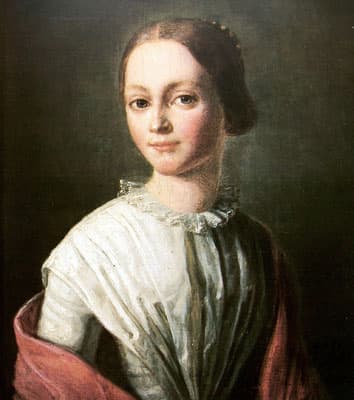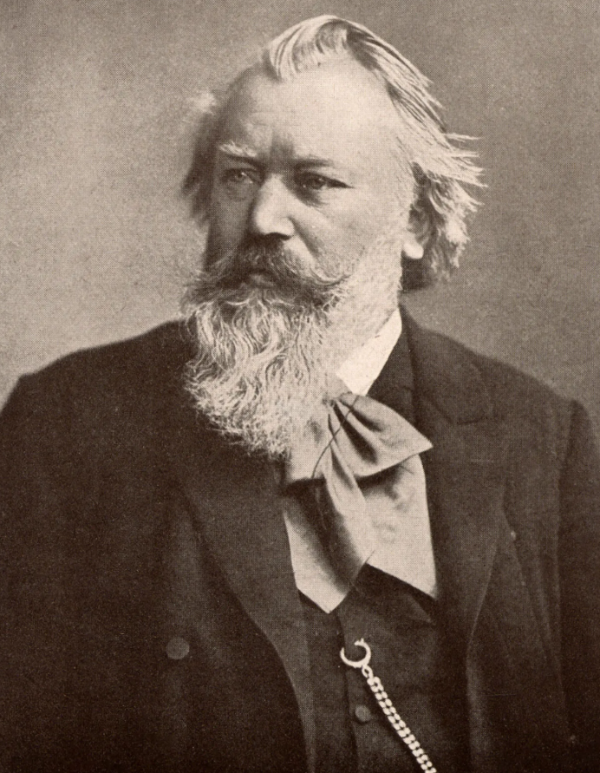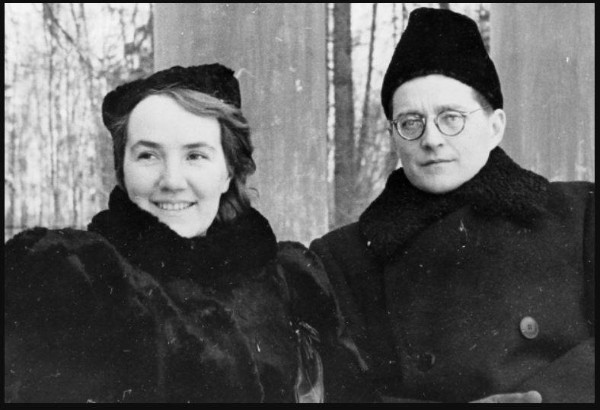Polymaths are individuals who have mastered more than one discipline. Some of the most extraordinary polymaths have excelled in a wide range of disciplines, such as science, mathematics, philosophy, literature, arts and music. Whether artistic or not, their lives have been at the crossroads of disciplines, often connecting them or developing them in parallel. Polymaths seem to have existed since as early as the middle ages and have kept evolving throughout the centuries. They still exist today – although less notorious – and nowadays, artists who look at more than one discipline often call themselves interdisciplinary artists, but in essence, it is all the same. In the following article, we will look at some of the most brilliant polymaths who have excelled at different arts, including music!

© iberdrola.com
Many composers have written about music, but for the purpose of this article, they have been excluded as the additional activity of music critics was, rather than a vocation, a means to support their financial ends.
Let’s start with Hildegard of Bingen, a fascinating human being who wrote music and on and about theology, poetry, medicine and botany! The Mendelssohn siblings were extraordinary composers, as well as multi-linguists, poets and visual artists — Felix left three hundred works of art behind him!

Hildegard of Bingen © episcopalchurch.org
It is hard to say whether Rossini is more famous for his music or for his recipe of beef fillet, one thing is sure, gastronomy and music were equally important to him. Even more surprising, both Elgar and Borodin were chemists! Gurdjieff, is a fascinating composer who, despite being well-known in the music world, was a philosopher, mystic, spiritual teacher and a dance teacher.
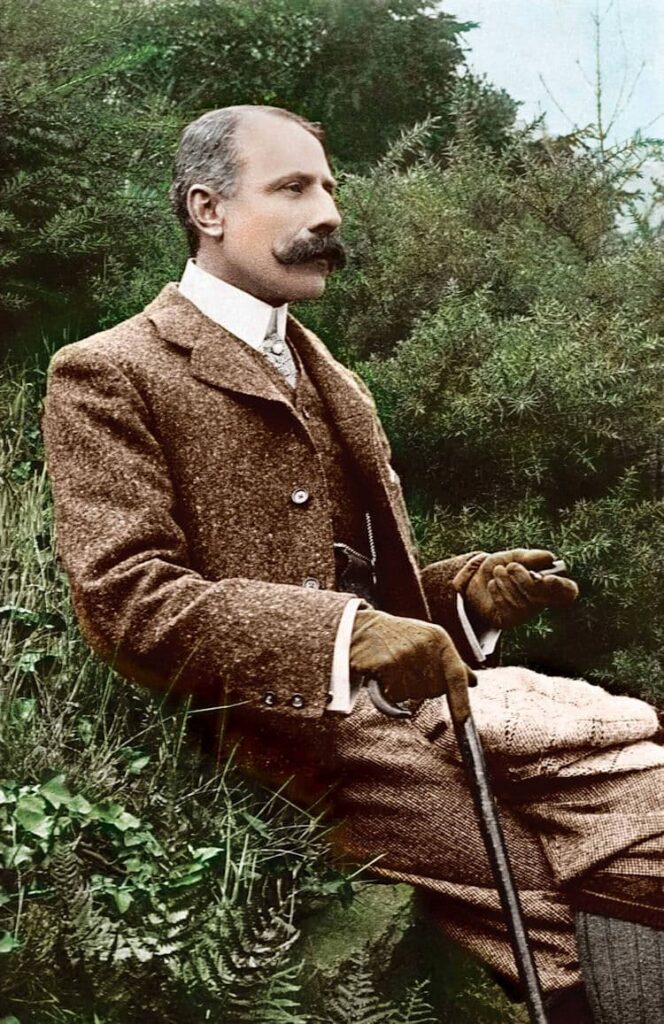
Edward Elgar
Ives was a broker and sportsman, in addition to spearheading American modern music. Cage is as important as a composer as a thinker and philosopher. An adept of Zen Buddhism, Cage was also a voracious forager, which adds mycology as a third field where he exceeded! Last but not least, following in the footsteps of Schoenberg, was Bernstein, who was a composer, conductor, musical director, educator, author and humanitarian — with incredible works towards civil rights, nuclear disarmament, HIV/AIDS research and awareness, human rights and world peace.
Leonard Bernstein – Mass (1971)
Now, outside of the immediate musical world… Nietzsche is of course well known for being one of the most important thinkers and philosophers of the 19th century, having looked at some of the important societal, poetic, cultural and fictional subjects of his time. He was also an amateur composer, and despite having written multiple works, particularly for piano, he never received recognition for it — actually Wagner was very dismissive of his music.
Nietzsche: Complete Piano Music
The Russian painter Kandisky is also worth mentioning. A famous synesthete, had Kandinsky not been a successful painter, he would have probably ended up as a performer — a keen cellist — and who knows, perhaps even a composer! One of his most famous artistic connections and influences was Schoenberg. In fact, Schoenberg, who broke away from tonality and founded the Second Viennese School was also an author, educator, philosopher as well as musical director and conductor.
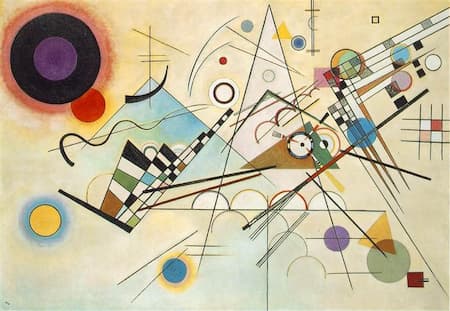
Kandinsky: Composition VIII (1923) (New York: Guggenheim)
There used to be a time when music was much more central to ordinary people’s life — and particularly the act of learning and practicing music — and as a result, many artists ended being talented composers whilst never looking at it as their primary activity. The examples of chemists and brokers in this list illustrate that. There is something about the jack of all trades, and of course, the discussion about the value of mastering one discipline rather than attempting to succeed at multiple. In the case of these composers, though, they have clearly succeeded at their main discipline and if anything, their interest in the peripheral ones has fed their proficiency in the central one.
For more of the best in classical music, sign up for our E-Newsletter

